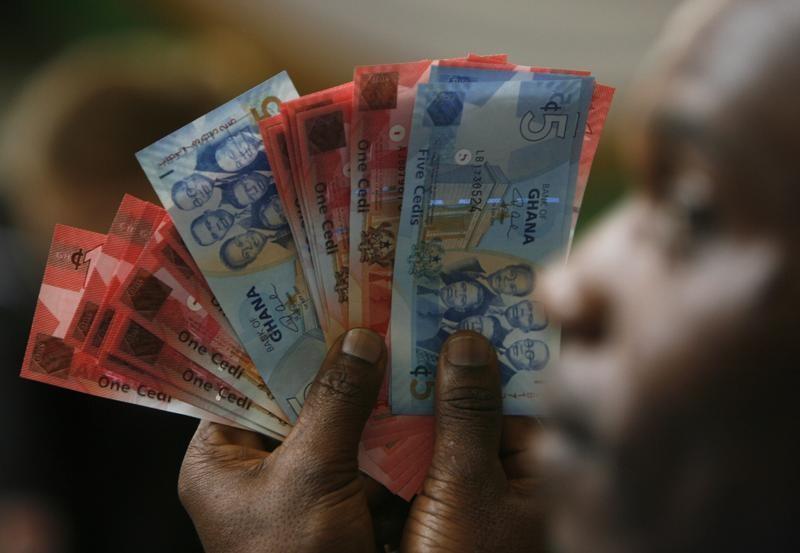The market women and traders of Dormaa Central Municipality in Ghana have voiced their concerns regarding the escalating prices of food and commodities and have appealed to President John Dramani Mahama for intervention. Their primary request is the establishment of a National Consumer Authority, a regulatory body tasked with monitoring and controlling prices across the supply chain, from manufacturers and producers to wholesalers and retailers. They believe this authority would curb the unreasonable and exorbitant prices currently plaguing markets nationwide, ensuring fair pricing for consumers and a stable market environment for businesses.
The depreciation of the Ghanaian cedi is another pressing issue for these traders. Its declining value has a ripple effect throughout the economy, impacting import costs and contributing to the rising prices of goods and services. They see a direct link between the weakening currency and their diminished ability to sustain their businesses, as imported goods become more expensive and profit margins shrink. They urge President Mahama to address this currency depreciation as a matter of urgency to stabilize the market and safeguard their livelihoods.
Intertwined with the currency issue is the escalating cost of transportation. The traders highlight the direct correlation between rising transport fares and the increasing prices of food and other commodities in the market. Since transportation is an integral part of the supply chain, any increase in fares translates directly into higher costs for traders, who are then forced to pass these increased costs on to consumers. This creates a cycle of price hikes that disproportionately affects low-income earners who rely heavily on these markets for their daily needs. They call on the government to implement measures to control these escalating transport costs, recognizing their impact on the overall market stability and affordability of essential goods.
Among the specific concerns raised by individual traders, Madam Josephine Ansuaa emphasizes the domino effect of rising transport fares on food prices, impacting the affordability of essential goods for ordinary citizens. Madam Beatrice Kuwaa, echoing the call for a National Consumer Authority, points to its potential to regulate prices and bring much-needed stability to the market. She also expresses the anticipation amongst traders for the promised 24-hour economy, hopeful that it will create job opportunities and further boost their businesses.
Felicia Kyeremaa, a dressmaker, focuses on the burden of taxes and the high cost of electricity. She argues that reducing taxes on goods and services would ease the financial strain on businesses and consumers alike. Lower electricity costs would also directly benefit small businesses like hers, reducing operating expenses and contributing to a more conducive business environment. These specific concerns collectively represent the broader challenges faced by small-scale businesses in the region, highlighting the need for government intervention to address these systemic issues.
The traders’ collective appeal to President Mahama underscores the urgent need for comprehensive economic measures to stabilize the market and support small businesses. The establishment of a National Consumer Authority, addressing the cedi’s depreciation, and controlling transport costs are key components of their proposed solutions. These measures, coupled with tax reductions and lower electricity costs, would create a more favorable environment for businesses to thrive, ultimately benefiting consumers and contributing to a stronger national economy. Their concerns represent a crucial perspective on the challenges faced by everyday Ghanaians and offer valuable insights for policymakers seeking to promote economic stability and growth. The hope is that their voices will be heard and acted upon to create a more equitable and prosperous marketplace for all.














